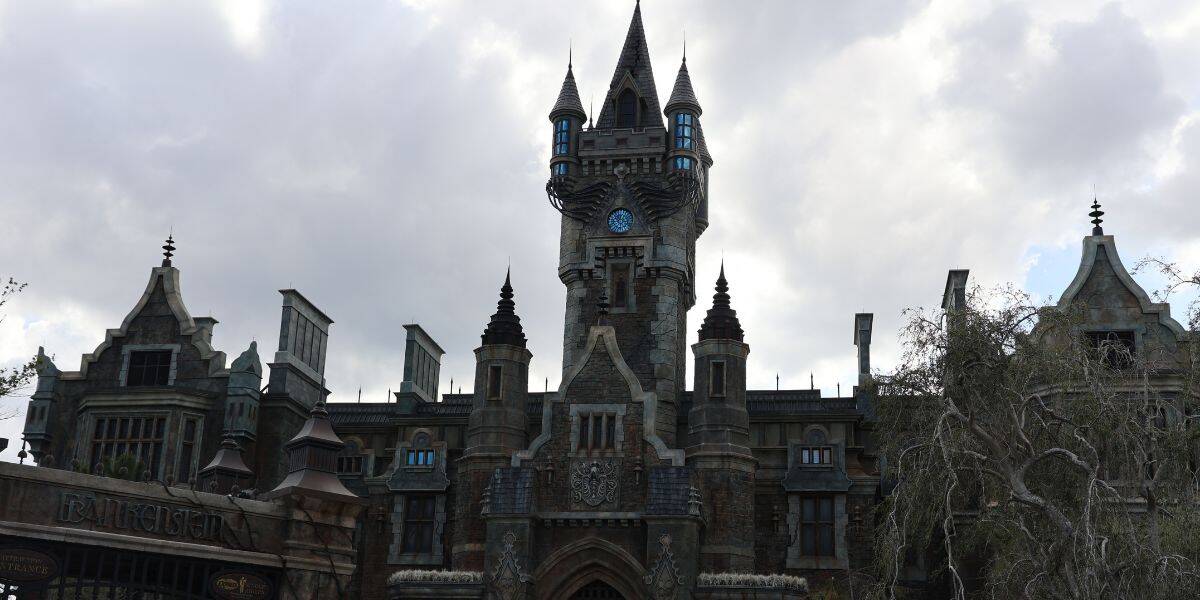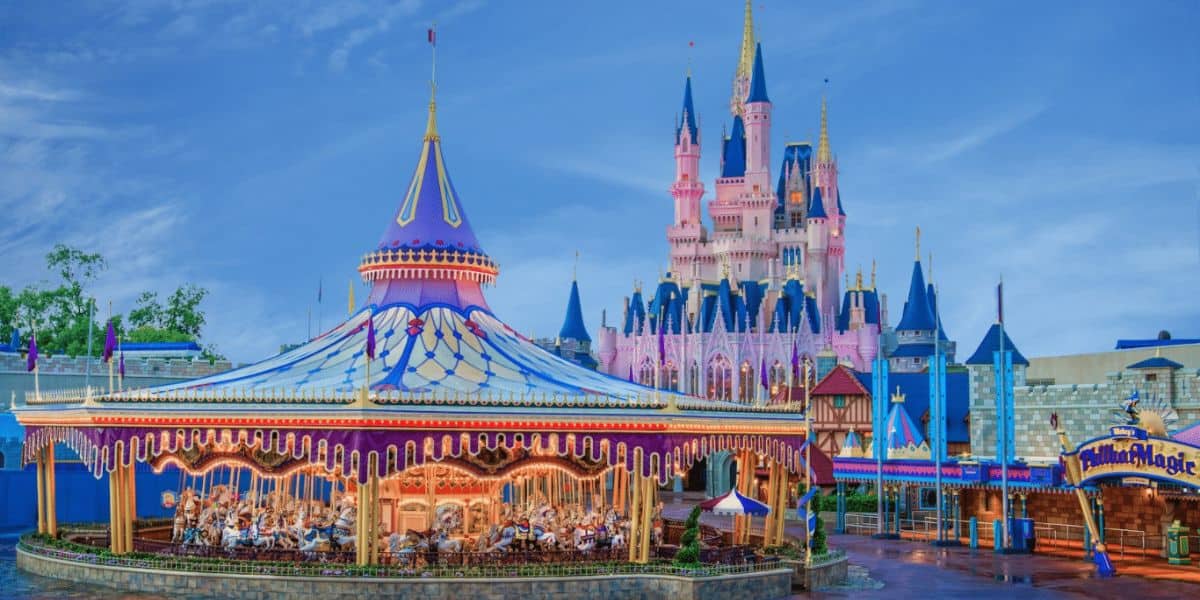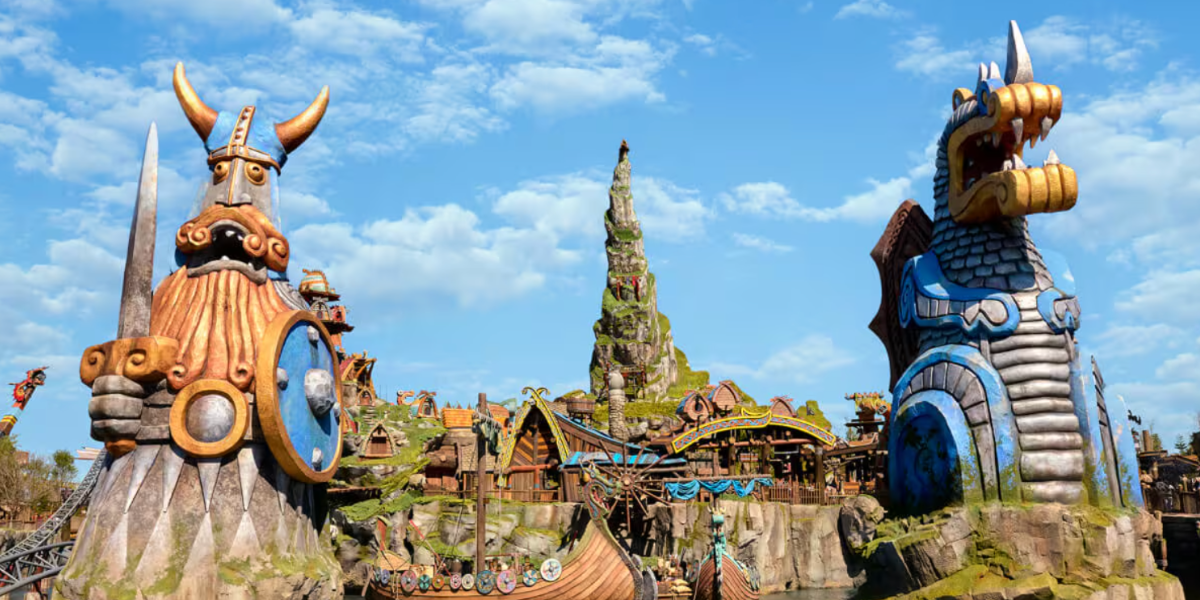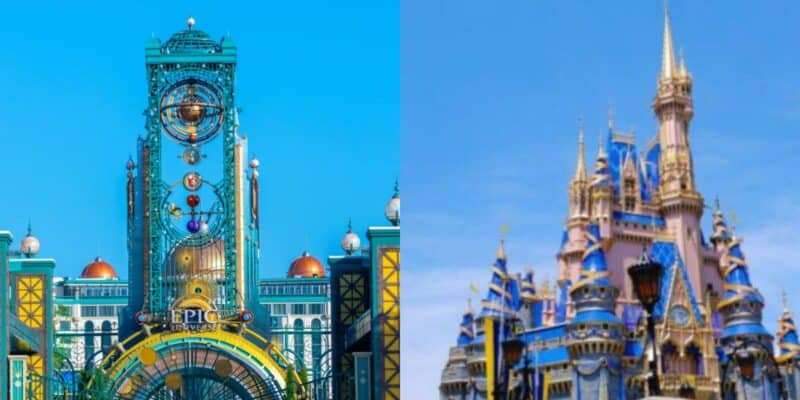This summer in Orlando was unlike any other. The arrival of Epic Universe, Universal’s long-anticipated new theme park, finally gave Disney some real competition in Central Florida.
Guests flocked to see what the new kid on the block had to offer, curious whether Universal could go toe-to-toe with the world’s most visited theme park, Magic Kingdom. With both parks pulling crowds and headlines, the question remains: who really won summer 2025?

Epic Universe: The Newcomer With Big Ideas
Epic Universe burst onto the scene with fanfare, promising cutting-edge attractions and themed lands unlike anything seen before.
Guests stepped into a collection of worlds designed to immerse them completely—ranging from Dark Universe with its monsters, to SUPER NINTENDO WORLD with Mario Kart and Donkey Kong adventures, and even How to Train Your Dragon: Isle of Berk.

Each land aimed to be its own destination, carefully crafted to pull guests into stories that Universal hoped would rival Disney’s magic.
The rides themselves were ambitious, blending new technology with bold storytelling. Epic Universe leaned heavily on the idea that guests could step inside their favorite franchises. And in many ways, it worked. Families marveled at the innovative tech and design. Still, the park was learning on the fly, adjusting to heavy demand and finding its footing in the theme park giant’s shadow.

Magic Kingdom: The Timeless Giant
On the other side of town, Magic Kingdom stood tall as the crown jewel of Walt Disney World. Unlike Universal’s newcomer, Magic Kingdom’s lands have entertained guests for decades.
Fantasyland, Adventureland, Tomorrowland, and Liberty Square are packed with iconic attractions, from Space Mountain and Pirates of the Caribbean to Peter Pan’s Flight and Haunted Mansion.

Add in the daily parades, nighttime fireworks, and a seemingly endless list of dining and shopping options, and you get the recipe for why Magic Kingdom continues to draw millions each year.
There’s a familiarity to Magic Kingdom that goes beyond nostalgia. It’s a well-oiled machine, built to handle enormous crowds while still delivering the kind of service and atmosphere people expect from Disney. The challenge wasn’t whether Magic Kingdom could hold its own this summer but whether Epic Universe could even come close.

Dollars and Sense: The Revenue Battle
Universal celebrated a strong start with Epic Universe, reporting a 19% increase in revenue thanks to the park’s opening. That kind of growth made headlines and gave the company much-needed confidence. But compared to Disney World’s empire, it was still small potatoes.
Magic Kingdom continues to rake in massive profits, with guests regularly paying top-tier ticket prices and shelling out extra for food, merchandise, and premium experiences. Disney has the advantage of scale and reputation; even when prices rise, people line up.
Epic Universe, meanwhile, is facing the growing pains of a new park, balancing heavy initial investment costs with the challenge of building a consistent audience.

Counting the Crowds
The most significant difference between the two parks this summer wasn’t just in revenue and raw crowd numbers. Magic Kingdom isn’t just popular; it’s the most visited theme park in the world. The park typically hovers around 50,000 guests daily, even in the hottest summer months. Its size and infrastructure are designed to handle those massive flows of people.
Epic Universe, on the other hand, had a much smaller capacity to begin with. As a newer, more compact park, it simply can’t host the same volume of visitors. Reports suggest Epic Universe drew around 15,000 to 20,000 guests daily during its soft opening months this summer. Those are impressive numbers for a debut, but logistically, it couldn’t get anywhere near Magic Kingdom’s levels.
The difference was clear: while Magic Kingdom felt packed, Epic Universe was still finding its rhythm, adjusting to demand while working through operational hiccups.

Quality and Guest Experience
Crowds are one thing, but the overall experience is another key part of the conversation. Epic Universe deserves credit—it’s brand new, and no one expected it to be flawless from day one. Still, guests ran into frustrating issues.
Wait times spiked not because of overwhelming demand, but because of frequent ride malfunctions. Major attractions went down for hours, leaving long lines of disappointed visitors. Dining and payment systems also lagged, showing the kind of learning curve that comes with a brand-new operation.

Magic Kingdom, by contrast, showcased its decades of experience. Technical hiccups still happened—after all, no theme park is perfect—but Disney’s teams usually had rides back up in minutes, not hours.
Restaurants moved guests through efficiently, with flexible mobile ordering and multiple payment options that helped avoid unnecessary delays. In short, Disney’s infrastructure and staff were better prepared to manage the chaos of summer crowds.

The Verdict
When you put it all together—revenue, crowds, efficiency, and overall guest experience—it’s hard to deny that Magic Kingdom came out on top this summer. With decades of expertise, more attractions, polished service, and similar ticket pricing, Disney proved why it remains the king of Orlando.
That’s not to say Epic Universe didn’t have a strong debut. For Universal, the summer was a win in its own right: the park delivered its promise of bold new lands and gave fans a reason to visit. But against a juggernaut like Magic Kingdom, Epic Universe is still in the early rounds of the fight.
The good news for theme park fans? Competition only makes both parks better. Magic Kingdom keeps raising the bar, while Epic Universe is destined to improve as it finds its footing. This summer made one thing clear: Orlando has room for both giants, but only one can wear the crown. And for now, that crown still belongs to Disney’s Magic Kingdom.
